On Wednesday, Colombian authorities seized the largest stash of high purity cocaine––more than 13 tons––from a plantation north of the city of Medellin in the largest drug bust of its kind in departmental history.
In a statement, President Juan Manuel Santos valued the illegal substance "at U.S. $360 million" and noted it "belonged to the Clan of the Gulf and was seized in 4 collection centers in a radius of 6 km [3.7 miles], between the municipalities of Carepa and Chigorodó, Antioquia."
How much cocaine are we talking about? Well, even pictures from the scene posted by Colombian authorities capturing the scope of the drug bust (and the size of the stash of cocaine on display) seem... more than a little jarring. One photo shows bundles of cocaine piled in a shack. Another photo shows these same bundles laid out across an open field in neatly arranged rows to create makeshift pavement.
Well, well, well... will you look at that?
According to investigators, the drugs were trafficked into the country by Dairo Usuga, also known as Otoniel, who headed the notorious Clan of the Gulf, a notorious drug trafficking neo-paramilitary group involved in the Colombian armed conflict, contracting local street gangs to act as informants, hit men or drug distributors. The clan's origin dates back to 2006 after a peace accord ended a 52-year-long war between the Colombian government and leftist Revolutionary Armed Forces of Colombia (FARC) rebels.
The peace deal helped guerillas put an end to their narcotics business, and the Colombian government gave cash incentives to rural farmers to grow legal crops. But according to the Washington Post, the deal had an adverse effect on the war on drugs:
[t]he cash benefits available through the peace deal appear to have created a perverse incentive for farmers to stuff their fields with as many illegal plants as possible.The result is a cocaine market so saturated that prices have crashed and unpicked coca leaves are rotting in the fields, according to Luis Carlos Villegas, Colombia’s defense minister.
“We’ve never seen anything like it before,” he said.
He and other top officials concede that the end of the war with the FARC, or Revolutionary Armed Forces of Colombia, has made the drug fight more difficult, not less.
1,500 members of the gang have been arrested so far this year.
The raid, code-named Operation Agamemnon II, led to four arrests on Wednesday, which National Police Director General Jorge Nieto proclaimed as a "historic seizure in the fight against organized crime."
Please SHARE this with your friends and family.
H/T - twitter, npr, washingtonpost



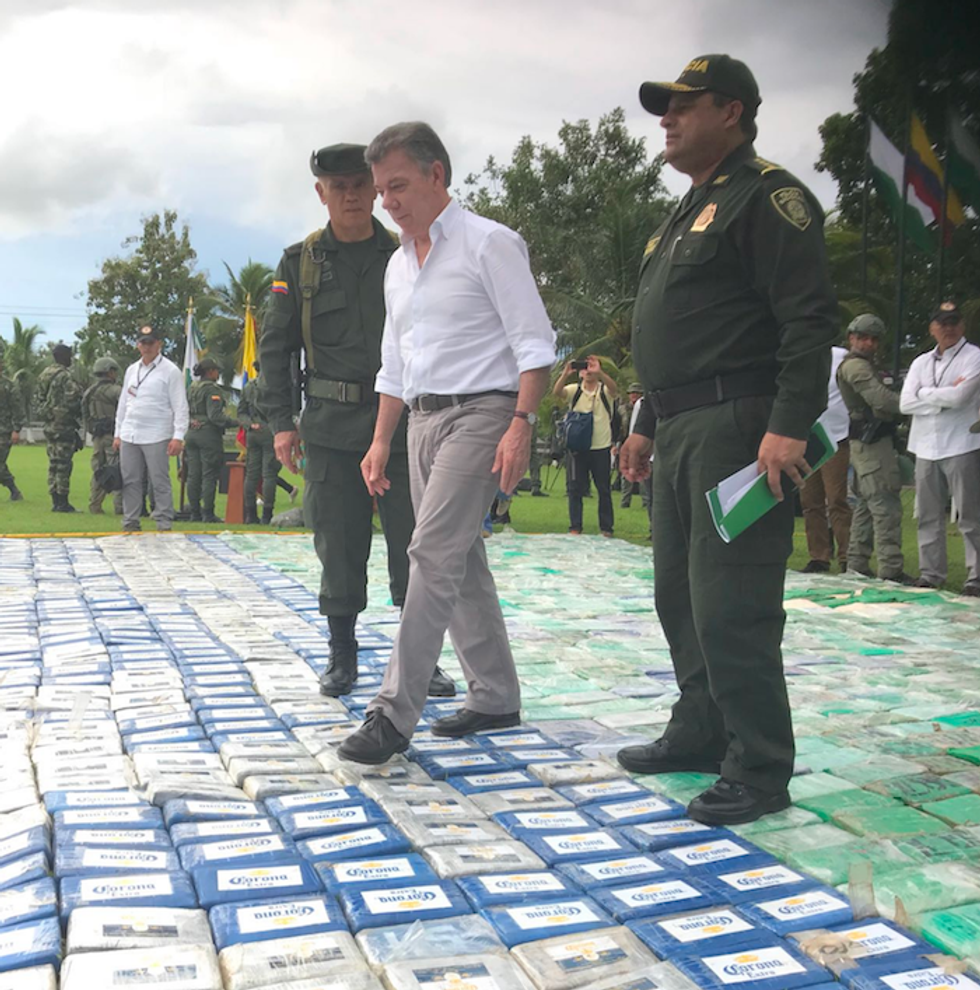
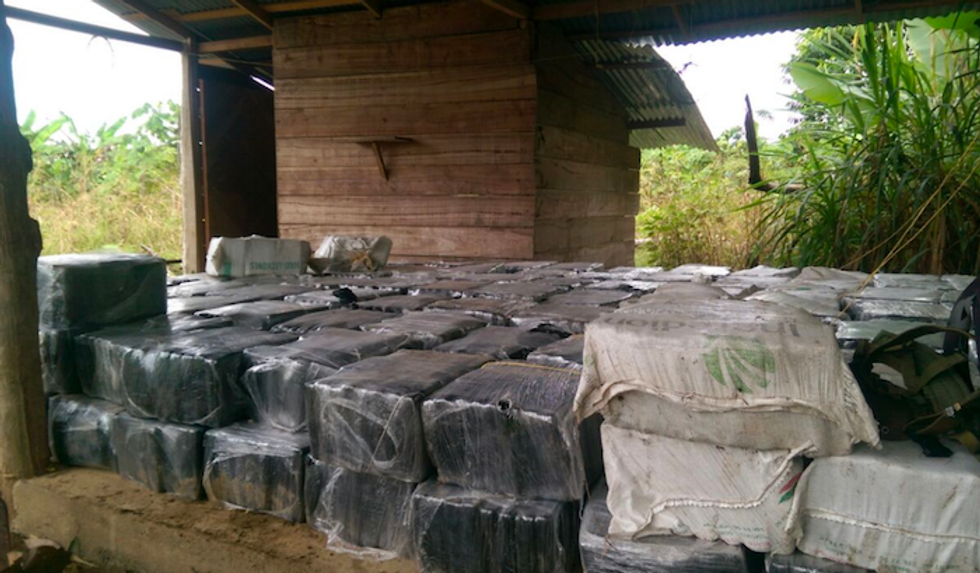






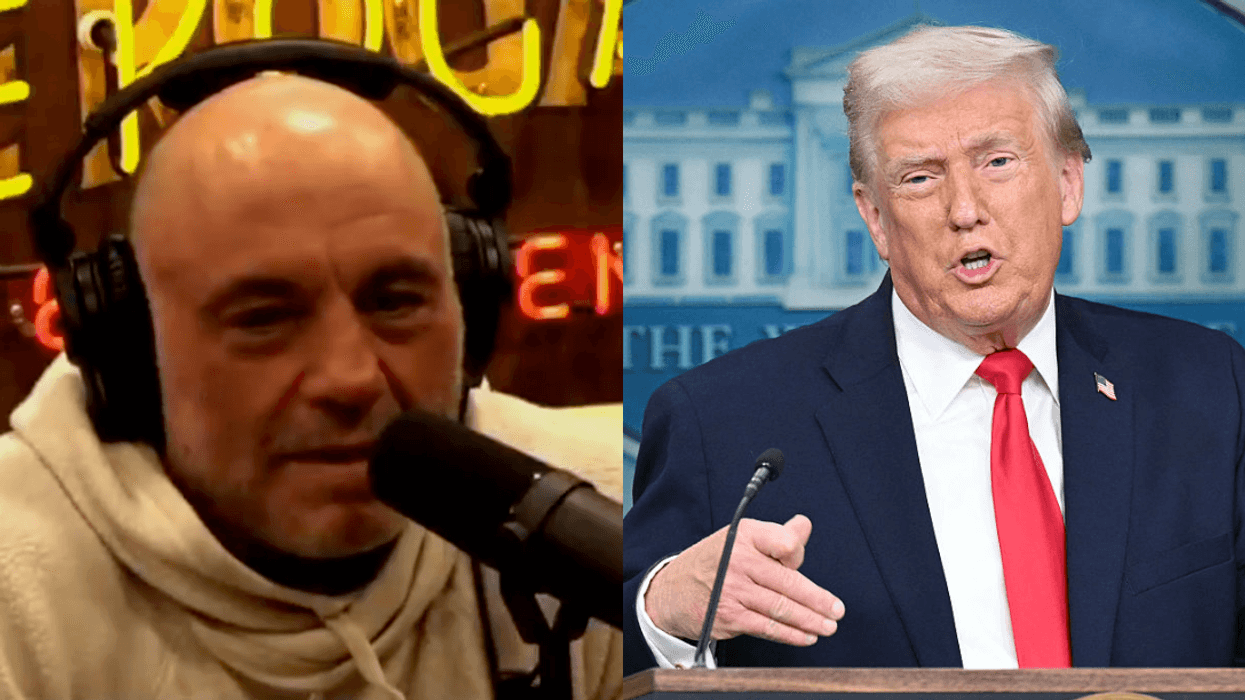


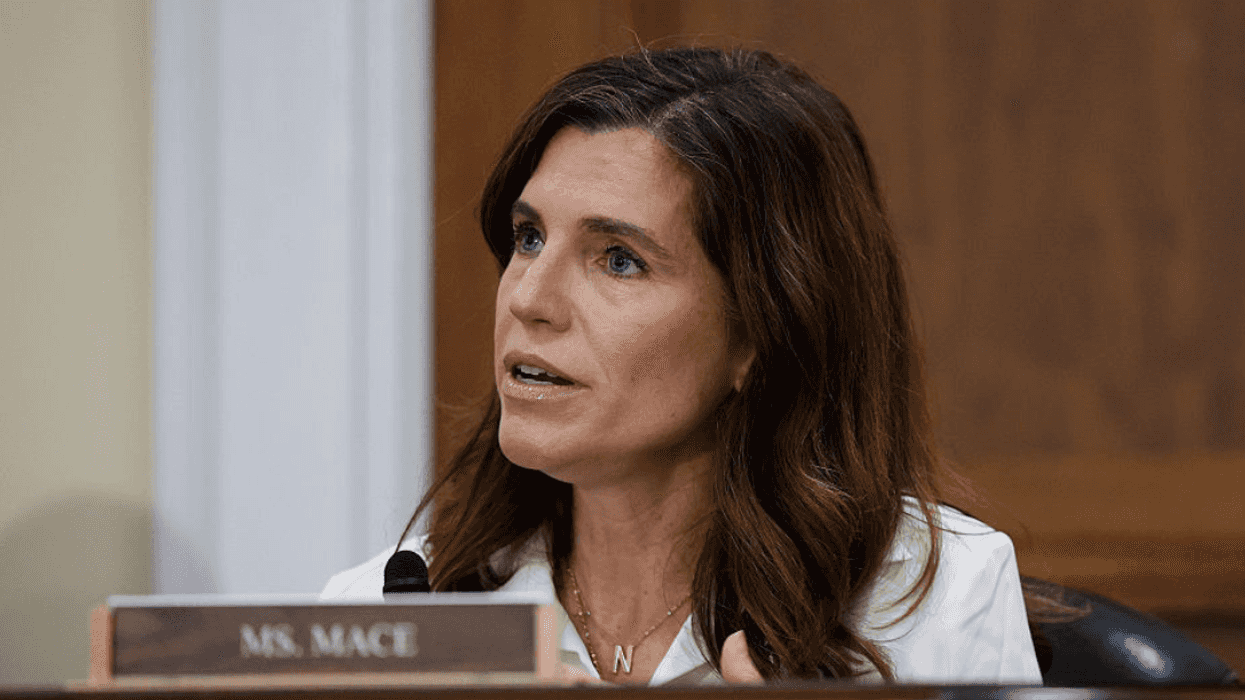

 Awkward Pena GIF by Luis Ricardo
Awkward Pena GIF by Luis Ricardo  Community Facebook GIF by Social Media Tools
Community Facebook GIF by Social Media Tools  Angry Good News GIF
Angry Good News GIF 
 Angry Cry Baby GIF by Maryanne Chisholm - MCArtist
Angry Cry Baby GIF by Maryanne Chisholm - MCArtist 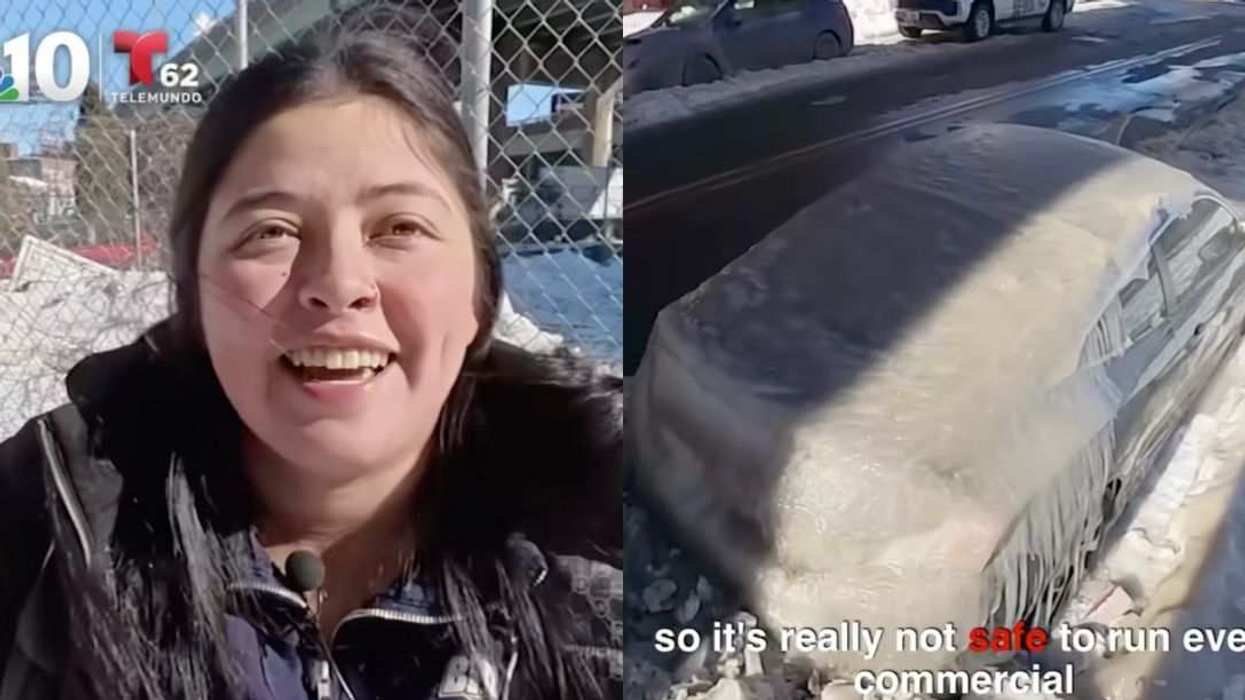
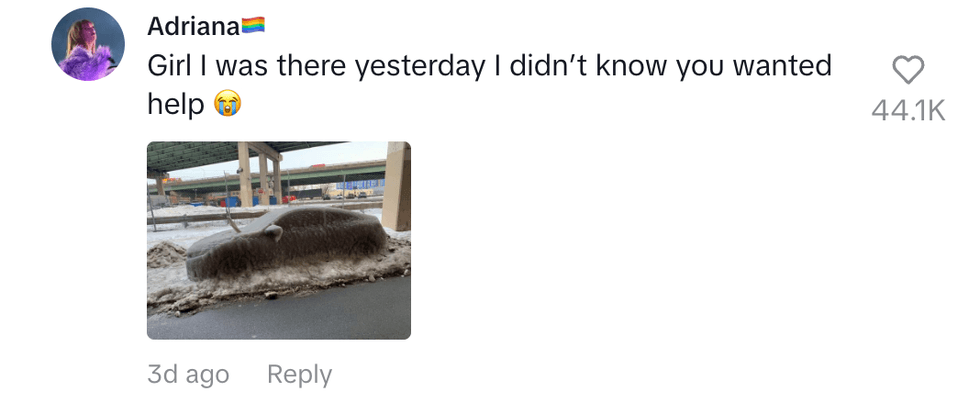 @adriana.kms/TikTok
@adriana.kms/TikTok @mossmouse/TikTok
@mossmouse/TikTok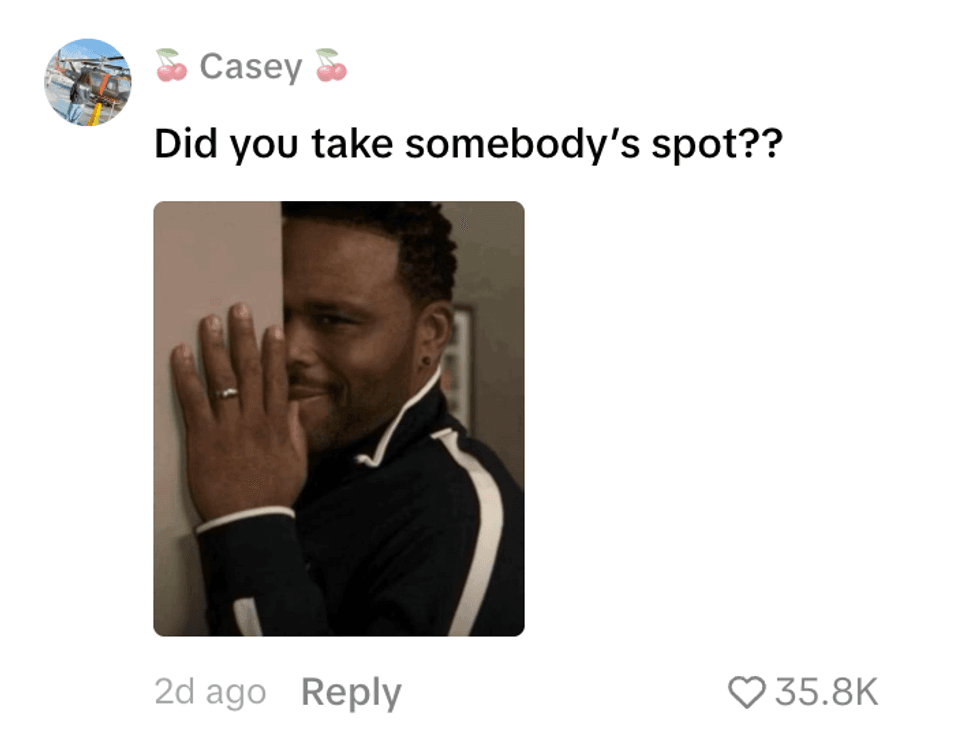 @im.key05/TikTok
@im.key05/TikTok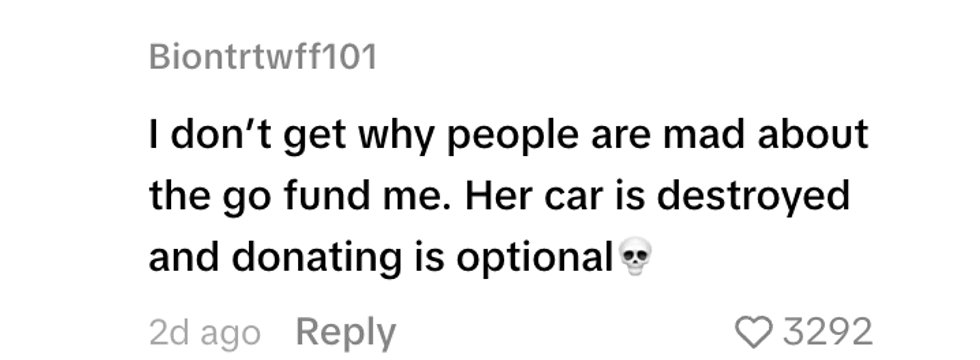 @biontrtwff101/TikTok
@biontrtwff101/TikTok @likebrifr/TikTok
@likebrifr/TikTok @itsashrashel/TikTok
@itsashrashel/TikTok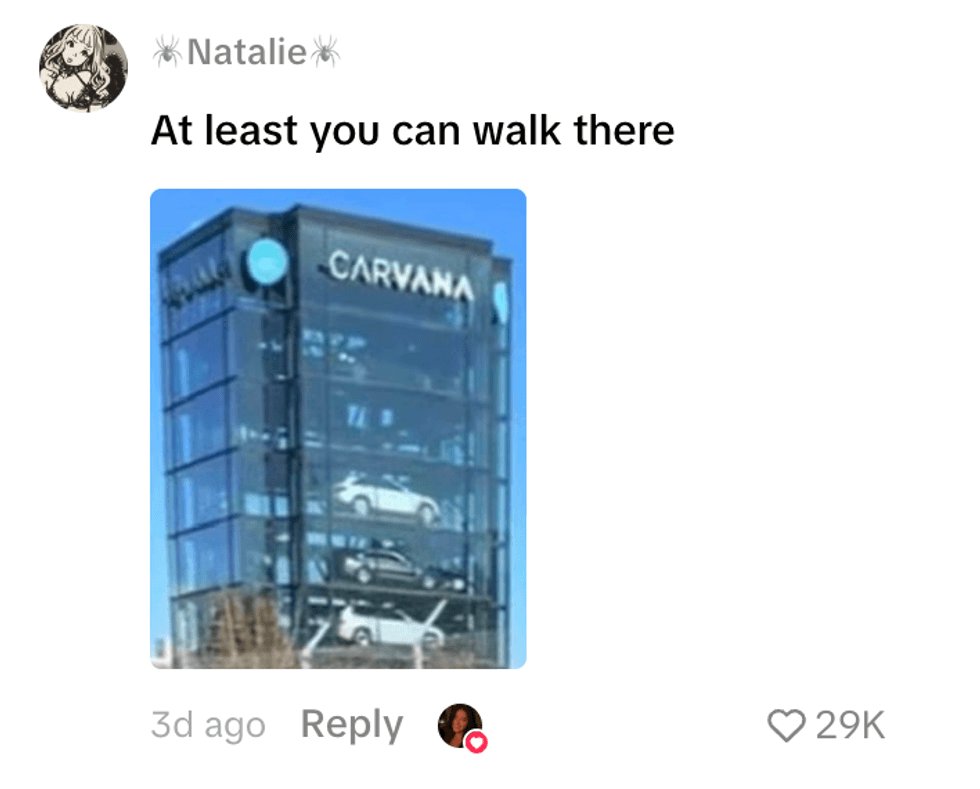 @ur_not_natalie/TikTok
@ur_not_natalie/TikTok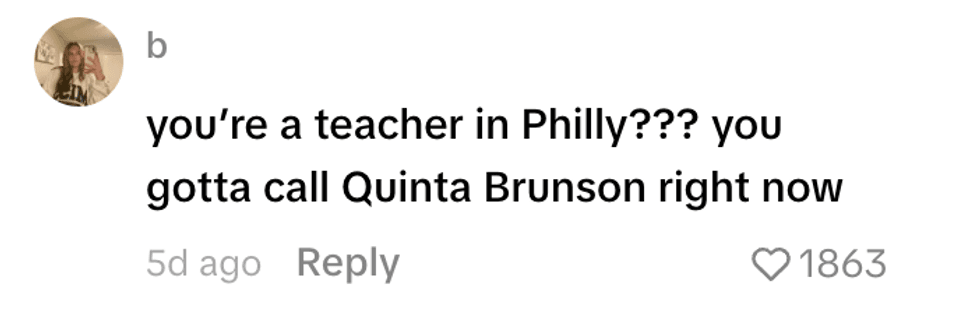 @rbaileyrobertson/TikTok
@rbaileyrobertson/TikTok @xo.promisenat20/TikTok
@xo.promisenat20/TikTok @weelittlelandonorris/TikTok
@weelittlelandonorris/TikTok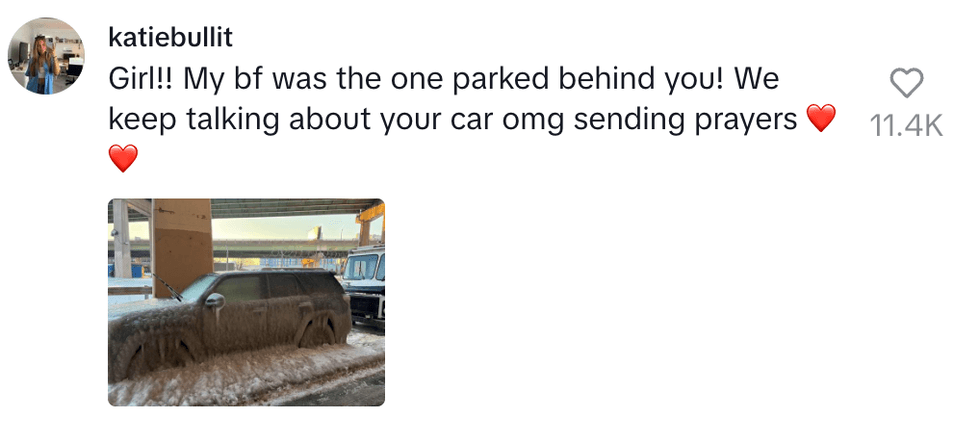 @katiebullit/TikTok
@katiebullit/TikTok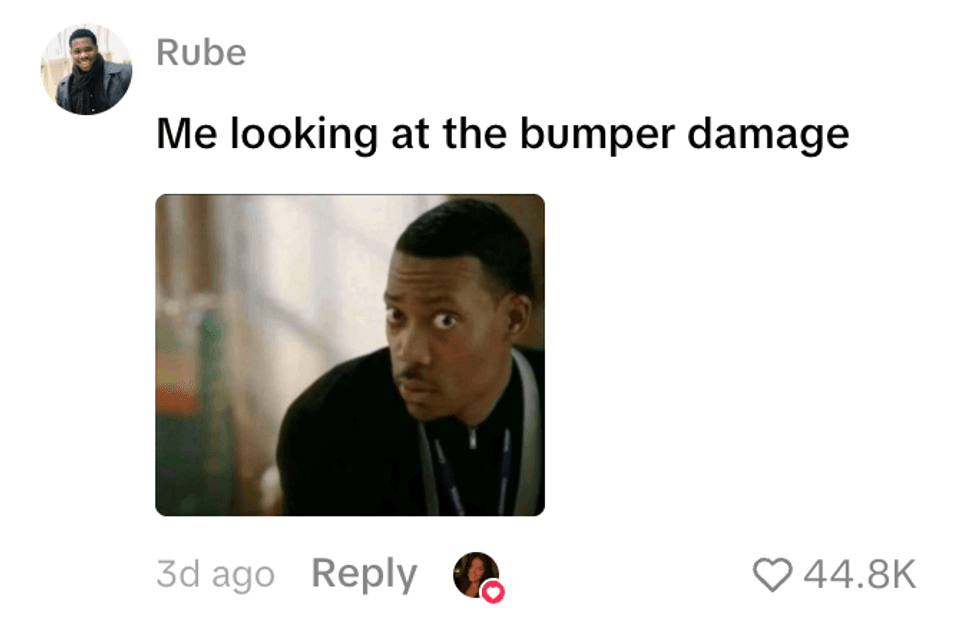 @rube59815/TikTok
@rube59815/TikTok
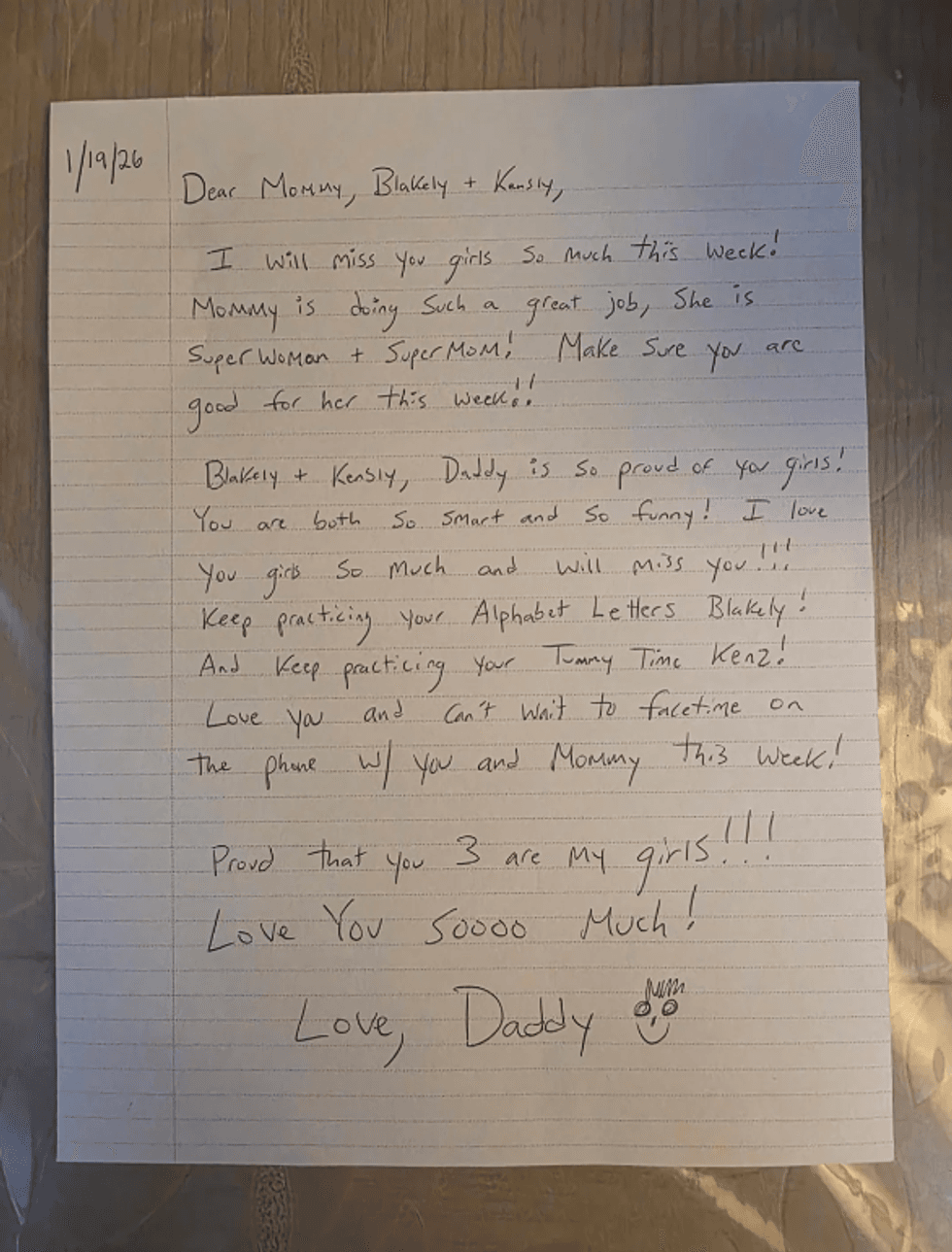 u/Fit_Bowl_7313/Reddit
u/Fit_Bowl_7313/Reddit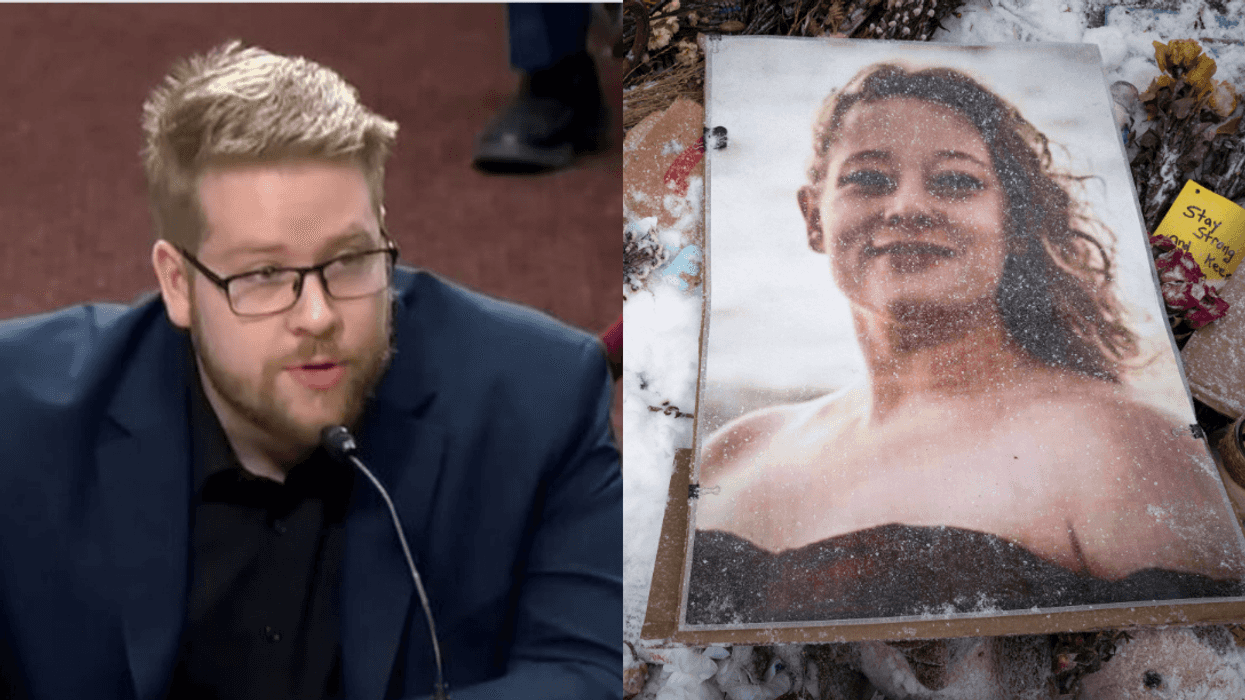
 @meteorblades/Bluesky
@meteorblades/Bluesky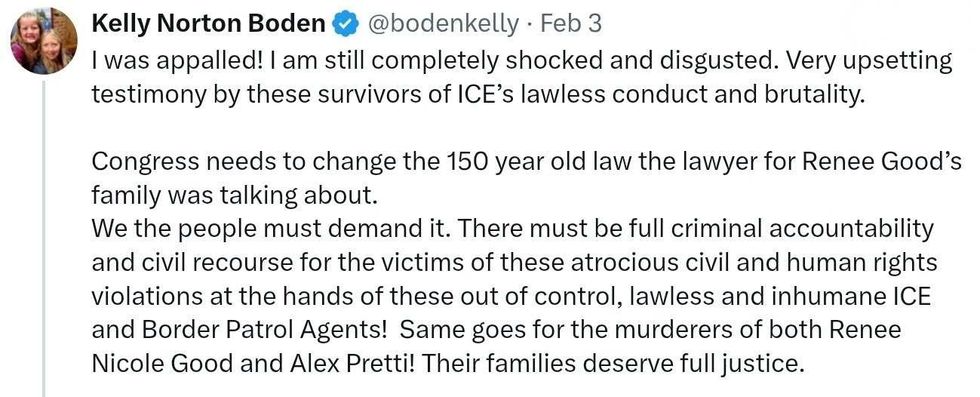 @bodenkelly/X
@bodenkelly/X